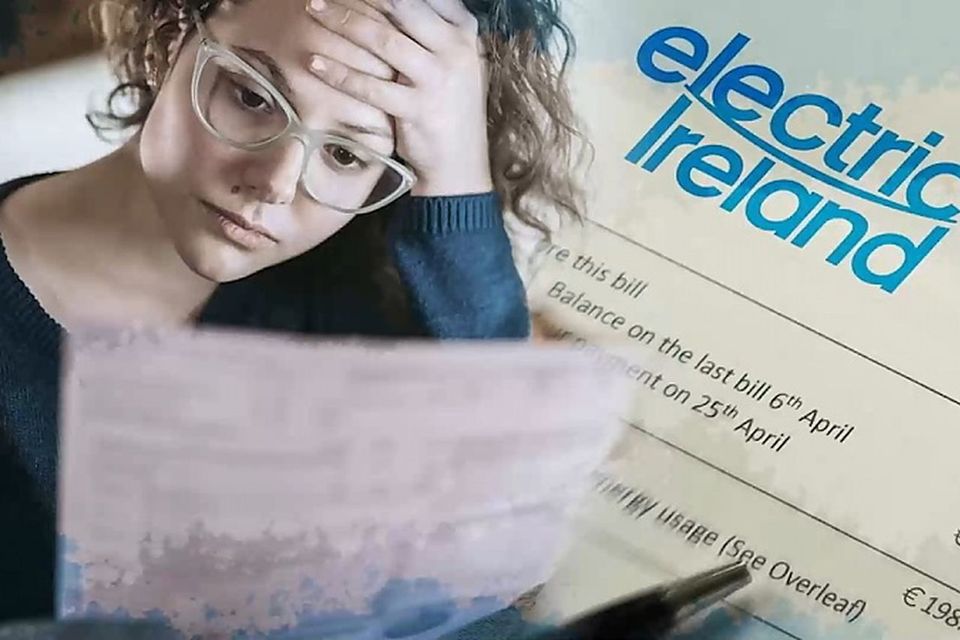Electric Ireland customers could see another price cut this year
ESB chief financial officer says ‘trends are positive’ as wholesale costs fall
Electric Ireland has said it will pass on reductions in wholesale prices to customers
Electric Ireland customers could see further cuts to their bills this year, according to ESB chief financial officer Paul Stapleton.
He said that the wholesale prices have fallen significantly since 2022, but remain volatile and higher than they were before the energy crisis.
“Electric Ireland has now passed on two reductions to customers and has committed to – as and when it can – pass on further price reductions. I think the trends are positive in that regard,” Mr Stapleton said. Electric Ireland is part of the ESB’s customer-facing business, which it calls customer solutions.
“We’ve seen wholesale [gas] prices, by and large, continue to tick downwards. If there’s potential to pass on further reductions to customers, Electric Ireland certainly will do so,” Mr Stapleton added.
He also predicted that more dynamic pricing could be a feature in the retail energy market in years to come as smart meters continue to be installed. That could even see consumers being able to opt for pricing that changes on a daily basis.
Semi-state ESB said on Thursday that it made an operating profit of €1.1bn in 2023, which compared with just under €847m in 2022.
But its customer solutions business posted a €12m loss for the year, which compared with a €109m loss in 2022.
That huge loss in 2022 was a result of its So Energy residential business in Britain, where losses were significantly reduced last year. Mr Stapleton said he expects So Energy to be profitable this year.
Electric Ireland, which has about 1.2 million customers, did not make a profit in its residential business last year, he added.
“It is a commercial business and it has to operate on a standalone basis,” Mr Stapleton said. “No business can sustain not making a profit for too many years. So it will need to get back to making a normal margin. But there’s certainly potential for more positive news for customers in that journey if the current trends continue.
“At this stage, I wouldn’t be concerned about the potential for increases into 2025, but a lot can change in the world in two years.”
Global energy markets were rocked by Russia’s invasion of Ukraine, while other geopolitical factors such as unrest in the Middle East and attacks on shipping can all affect energy pricing.
The ESB said its total revenue for 2023 rose to €8.78bn, from €7.61bn the previous year, while it invested a record €1.7bn in energy infrastructure last year – primarily across the island of Ireland.
Of that, €418m was spent on projects to expand the ESB’s renewable generation base and enhance emergency power-generation facilities and security of supply. The company expects to spend €11bn in capital expenditure over the next five years.
The company is also paying a €220m dividend, with 97pc of it going to the Exchequer, in respect of its 2023 financial year. That represents a payment of 11.35c per stock unit. The dividend being paid compares with the €327m paid in respect of 2022.
Mr Stapleton said the ESB will also continue to invest in the UK. The company’s power generation and trading division made a €730m operating profit last year, with 40pc of that coming from its operations in Britain.
Join the Irish Independent WhatsApp channel
Stay up to date with all the latest news










